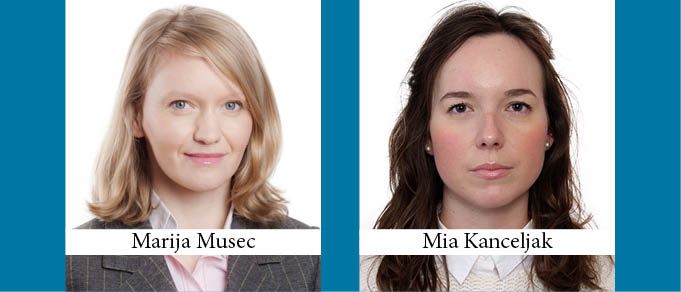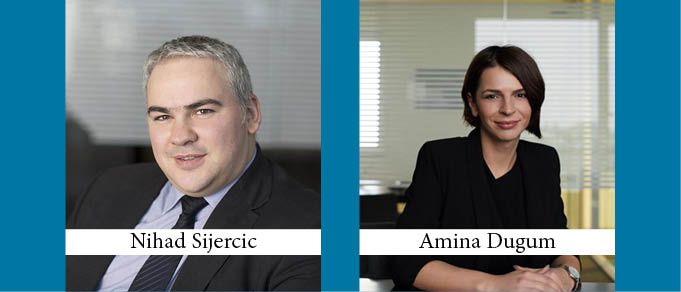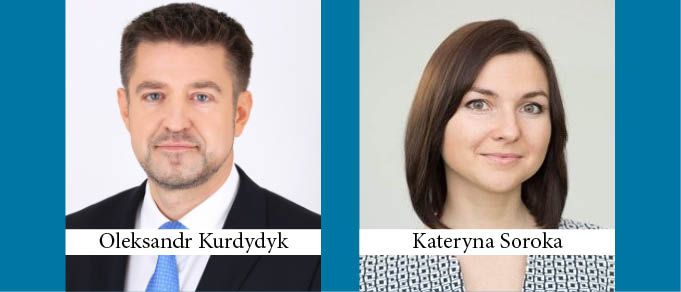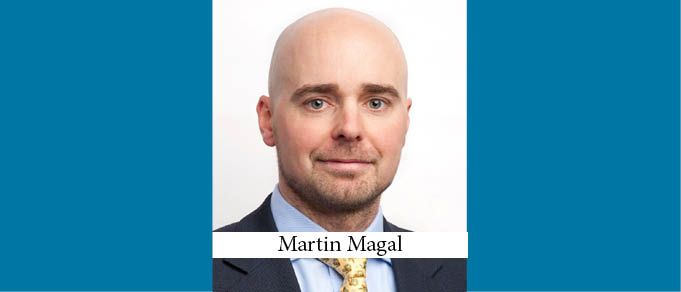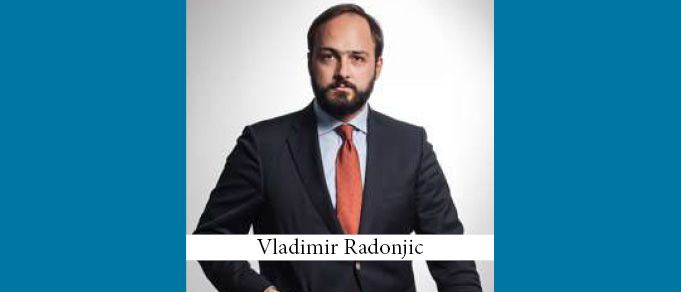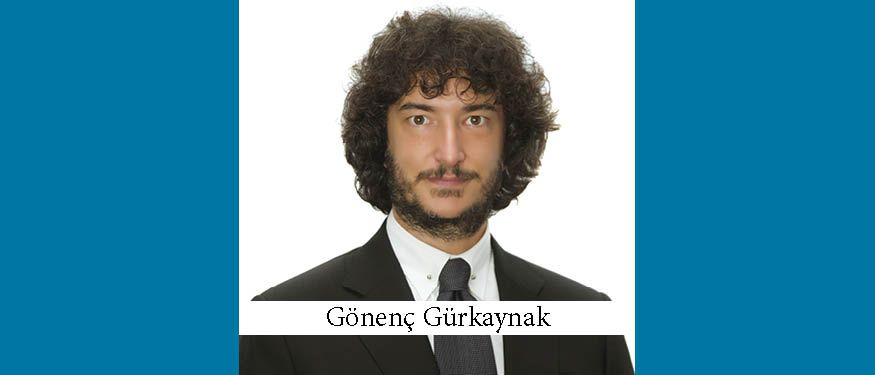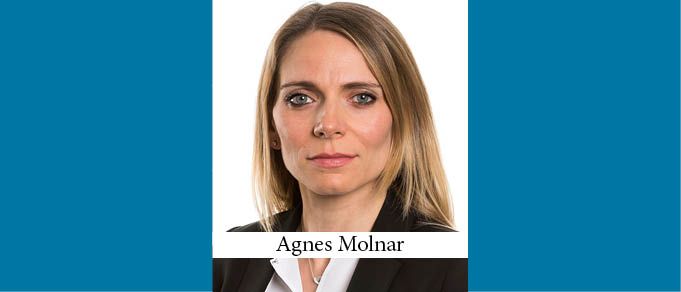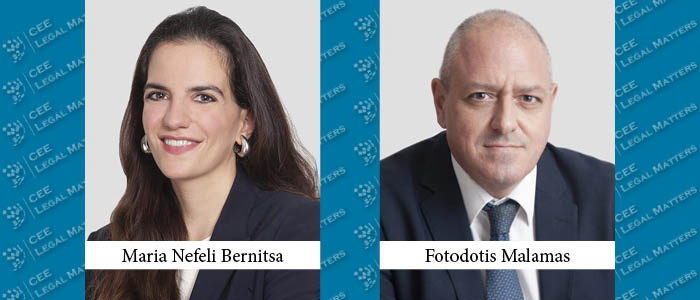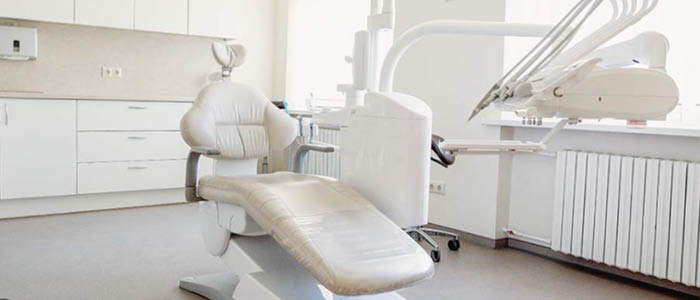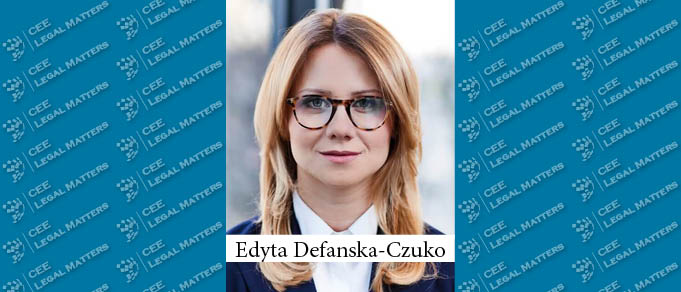Croatia stands among the highest ranked countries when it comes to the compliance of its PPP legislative framework with international standards. Reports issued by international institutions such as the EBRD and the EIB have praised Croatia for its elaborate legal framework, strong institutional capacities, transparent procurement practices, easy access to justice (including arbitration), and a range of security instruments facilitating financing.
Public Private Partnership Projects in Bosnia and Herzegovina
The constitutional and legislative structure of Bosnia and Herzegovina (BiH) is complex since it is composed of two entities – the Republic of Srpska (RS) and the Federation of Bosnia and Herzegovina (FBiH) – and Brcko District (BD) as a separate unit, and the legislation is adopted on the state level, entity level, and – in FBiH – on the cantonal level. This means that in BiH as such there is no unified Law on PPP, but rather 12 laws on PPP. While the RS and BD adopted their PPP laws in 2013 and 2010, the FBiH drafted a Law on PPP in 2009 which remains in the adoption process. In addition, the cantons in the FBiH have their own set of PPP laws.
How Concession Can Improve the Sleepy Rollout of Broadband Internet-Access in Austria
Austria is definitely lagging behind in terms of Fiber-to-the-Home (FTTH) penetration: According to recent data of the FTTH Council Europe, only one country worldwide has a worse penetration rate than Austria, while other sources suggest there are two countries below Austria. For this reason many initiatives have been implemented on municipal and provincial levels to provide Austrian households and undertakings with high-speed Internet access in parts of the country where a purely commercial assessment would not justify such investments. Obviously this is not yet enough.
Ukrainian Sea Ports Attract Investors
The Ukrainian government has declared its intention to implement the success story of European countries in the sphere of public-private partnerships. In order to implement those ambitious plans the government has established a Project Office for PPP to work closely with international investors and lobby for relevant legislative improvements.
The Corner Office: Your Favorite Class
In The Corner Office we ask Managing Partners at law firms across the region important questions about their unique roles and responsibilities. The question this time around: What was your favorite course in law school, and why?
Guest Editorial: Where Has All The Work Ethic Gone?
Some memories never fade away. I remember the first months of my trainee career at Allen & Overy’s newly opened Bratislava office as if they were yesterday. The year was 1998 and we had just moved into new office space. It felt way too big for the team of three lawyers, one PA, and one office manager.
Eager for the EU: Macedonian and Albanian Lawyers Look Forward
The western Balkan countries of Albania, Bosnia and Herzegovina, Kosovo, Montenegro, Serbia, and the Republic of Macedonia share the desire to join the European Union. Two of these countries — Albania and Macedonia — are particularly close to accession. we spoke to several lawyers to learn more about how accession could affect the business landscape and the work of lawyers in the two countries.
Guest Editorial: Balkan Legal Markets, and What it Means To Be a Lawyer in the Region
A decade ago, I was a Competition Law PhD scholar at the City Law School in the London borough of Islington sitting at my desk and watching a beautiful sunset over St. Paul’s Cathedral and thinking about career alternatives and opportunities in front of me.
A Decade After Independence: Hope, Dissapointment, and Potential in Kosovo
Kosovo declared its independence on February 17, 2008, nine years after the 1999 conclusion of its conflict with Serbia, during which time it operated under the protection of the United Nation Mission in Kosovo. The post-war climate in the country was full of hopes for new beginnings, and in 2008 the newly sovereign state began the process of establishing effective and fair legislation, developing an independent economy, and building a protective environment for its citizens.
Pessimism Fails to Fluster: Emerging Europe Enjoys Another Stellar Year of M&A Growth in 2017
Investors had reason to be apprehensive about the prospects of Emerging European markets at the outset of 2017: protracted Brexit negotiations hung a cloud over Europe; Eurosceptic parties were widely expected to succeed in imminent elections; and anti-immigration and nationalistic sentiments reared their ugly head.
Guest Editorial: Sowing Fresh Fields in CEE
The editors of CEE Legal Matters have very kindly asked me to contribute this month’s guest editorial and I am afraid in return I am going to pose a very impertinent question. The question I wish to ask is: is there any such thing as “CEE Legal Matters”?
Editorial: The Chronicle of Our Own Obsolescence
David’s editorial in our last issue included a brief explanation as to how CEELM came to be, and included the words: “Because CEE as a thing certainly existed.” I am uncertain to what extent that provided an inspiration for it, but ironically in this issue we have two pieces (see pages 4 and 38) that address, more or less directly, the question whether it still exists “as a thing” today.
Turkey’s Focus on Renewables
As the host of the world’s 17th largest economy and 19th largest population, Turkey’s energy needs are significant – and growing. The country’s energy demand is expected to grow about 5% each year for the immediate future, and the Turkish government has announced its plans to increase the share of renewable sources in the country’s total installed power to 30% by 2023.
Guest Editorial: Thoughts on the Turkish Legal Market
The past couple of years have been particularly challenging for Turkey’s M&A market owing to the domestic and global political climate and the weakened state of the Turkish economy. According to Deloitte’s annual M&A review published earlier this year, the M&A market in 2016 witnessed a total deal volume of USD 7.7 billion through 248 deals, resulting in the lowest deal volume since 2009.
The Corner Office: Associate Mistakes
In The Corner Office, we invite Managing Partners at law firms from across the region to share information about their careers, management styles, and strategies. Our question this time: “What mistake do young associates commonly make that is most frustrating for you?”
The Frequent Flyers
From Alan Ladd’s Shane to Clint Eastwood’s Man with No Name, from Julie Andrews’ Mary Poppins to Gal Gadot’s Wonder Woman, and from Michael Rennie’s Klaatu to Chris Pratt’s Peter Quill, the phenomenon of help coming from far away is a familiar one. A similar dynamic can be found in CEE’s legal market.
Guest Editorial: Law of Attraction – FDI in CEE
The global flow of foreign direct investment amounted to USD 1.75 trillion in 2016, and the number of FDI projects in Europe increased by 15 percent from the previous year. It appears that the perception of Central and Eastern Europe by international investors is improving as well, as CEE received 23 percent of all FDI projects announced in Europe and 52 percent of all new jobs. According to one widely-reported survey, investors ranked CEE as the world’s third most attractive region, behind only Western Europe and the United States.
Editorial: I Wonder if They Knew What They Were In For?
Just recently, Radu and I brought two staff writers on board – our first, after four years in business. Their names don’t appear in this issue, but you will start seeing them, we hope, pop up frequently in future issues. In the meantime, their bylines have already started appearing on the CEE Legal Matters website.

